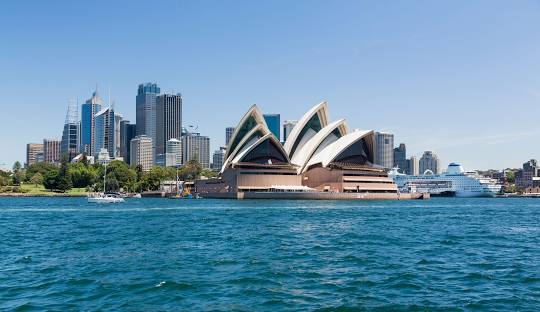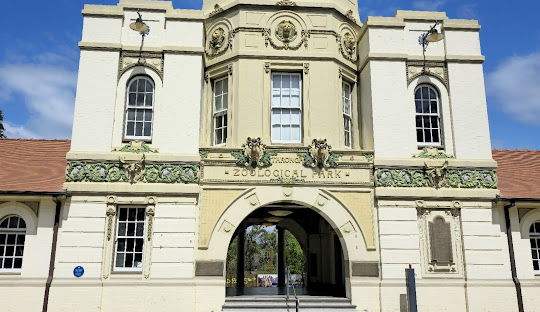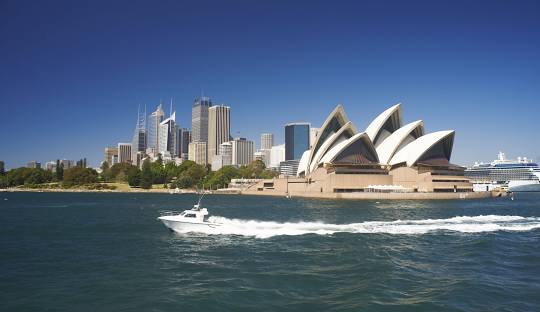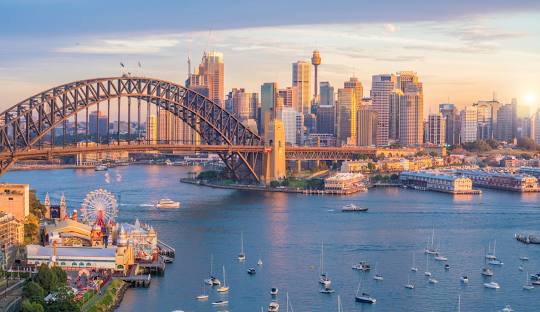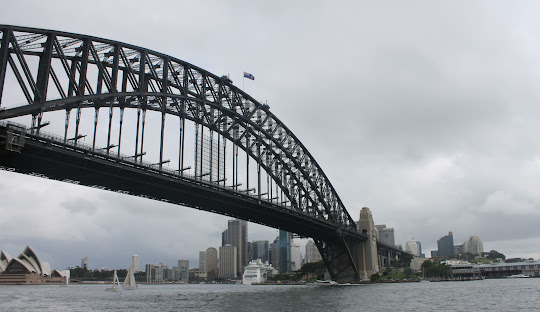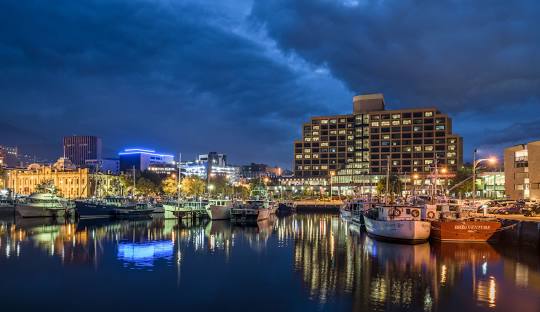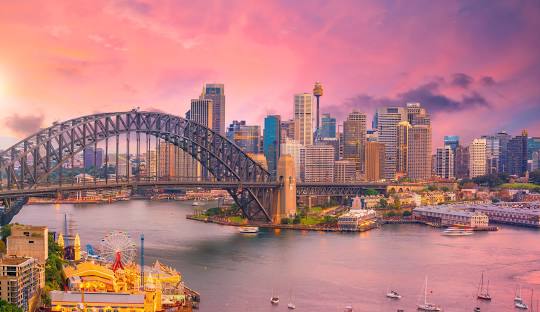
What Is Commercial Cleaning?
The Impact of Commercial Cleaning on Employee Mental Health
Sustainability is playing a larger role in shaping commercial cleaning practices. Many cleaning companies now emphasize the use of eco-friendly products that are biodegradable and non-toxic. Green cleaning initiatives are not only better for the environment, but they also contribute to a healthier indoor air quality, which is particularly important in spaces such as hospitals, schools, and offices where people spend extended periods of time. Clients are increasingly seeking certifications and assurances that cleaning companies adhere to environmentally responsible standards, pushing the industry to adapt. Clean Group provides comprehensive and professional Daily Commercial Cleaning Services across Sydney, NSW. Our fully insured, trained, and security-verified cleaners ensure your workplace stays spotless and hygienic. Schedule a free onsite quote today—book online or call us at 02 9160 7469. Get your obligation-free commercial cleaning estimate for offices, buildings, and other business spaces in Sydney.. Some companies are even certified under green building standards like LEED (Leadership in Energy and Environmental Design), further demonstrating their commitment to sustainability.
The role of customer feedback is also becoming increasingly significant in the commercial cleaning industry. With the rise of online reviews and social media, clients now have a direct platform to share their experiences with cleaning services, making reputation management more important than ever. Cleaning companies are actively encouraging clients to provide feedback on the quality of service they receive, using this information to make adjustments and improve their offerings. Many companies are now implementing customer satisfaction surveys, conducting follow-up calls after each cleaning service, and using customer feedback to drive continuous improvement. As a result, businesses that can effectively manage and respond to feedback are likely to build stronger relationships with their clients, fostering loyalty and repeat business.
